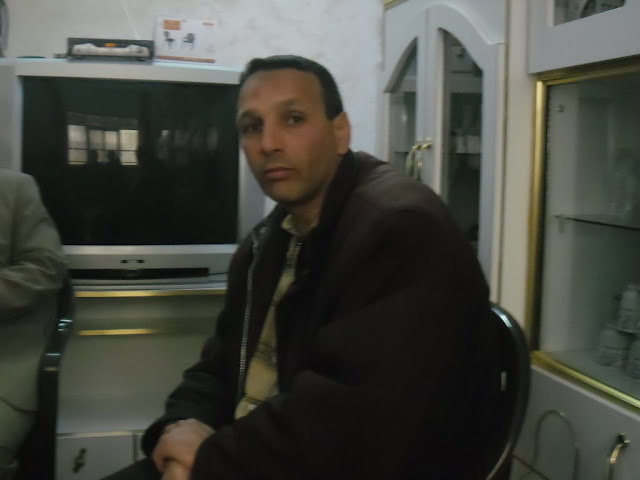Tag: ‘Price tag’ campaign
-
Mosque burnt in apparent price tag attack
15th October 2014 | International Solidarity Movement, Nablus team | Aqraba, Occupied Palestine In the early hours of Tuesday morning, a group of Zionist settlers from the illegal settlements close to Aqraba near Nablus, set fire to a mosque in the outskirts of the village. The investigation so far shows that the building was set on fire at approximately…
-
‘Price tag’ attack in South Hebron Hills
10th May 2013 | Operation Dove, South Hebron Hills, Occupied Palestine On May the 10th at about 6 a.m. some Palestinians from At-Tuwani and two Operation Dove volunteers found out that 62 olive trees had been cut during the night in a field next to the Bypass road 317. On a small wall nearby the…


